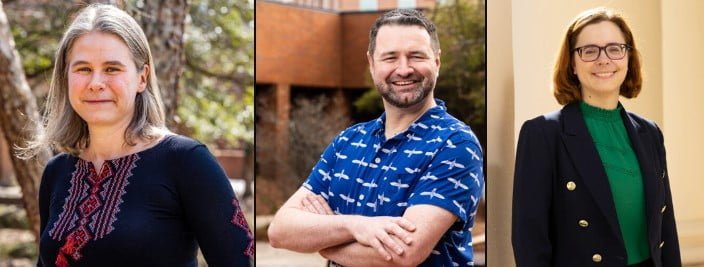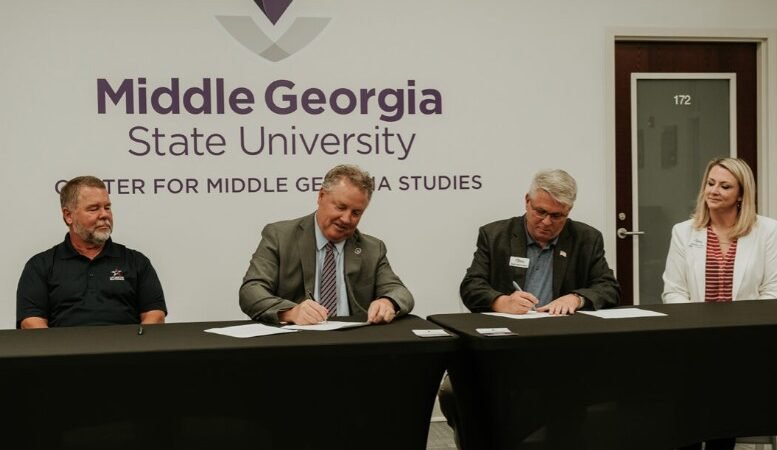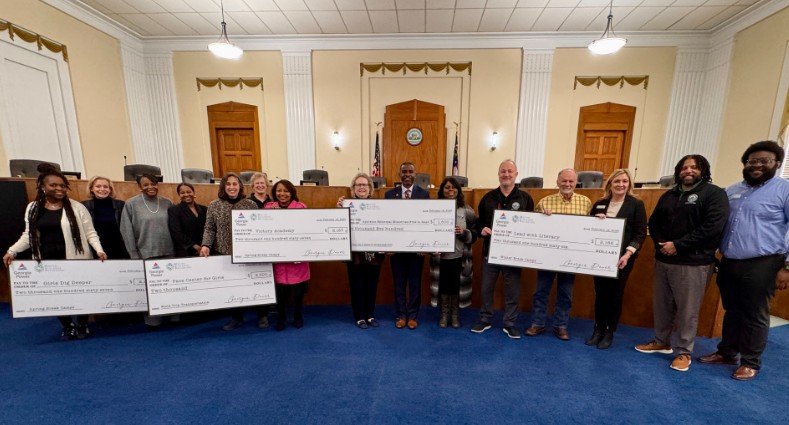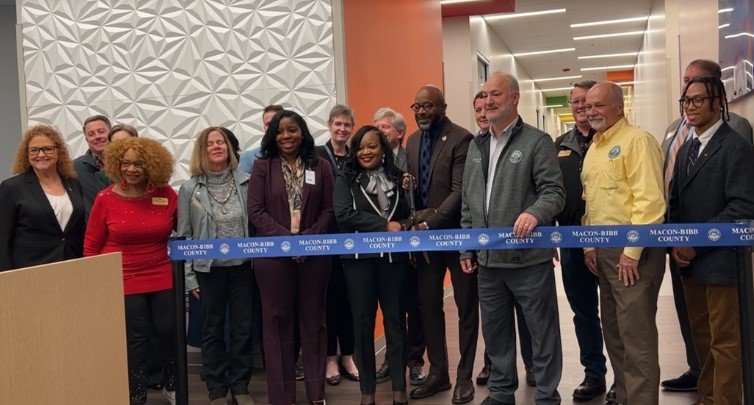UGA Faculty Shine with Russell Award for Exceptional Undergraduate Teaching

Three University of Georgia faculty members have been honored with the Russell Award for Excellence in Undergraduate Teaching, marking a significant recognition of their outstanding and innovative instructional methods.
The recipients of the 2023 Russell Award are Jill Anderson, an associate professor in the department of genetics within the Franklin College of Arts and Sciences and the Odum School of Ecology; Richard Hall, an associate professor in the Odum School of Ecology and the department of infectious diseases in the College of Veterinary Medicine; and Laura Zimmermann, an associate professor in the department of economics in the Terry College of Business and the department of international affairs in the School of Public and International Affairs.
S. Jack Hu, the university’s senior vice president for academic affairs and provost, praised the awardees, stating, “Through their active-learning course designs and personalized mentorship, this year’s Russell Award recipients inspire their students to learn and discover in the classroom and be prepared to lead and serve in their future careers. They embody our university’s commitment to pursuing excellence in undergraduate education.”
Jill Anderson is recognized for her approach to evolutionary ecology and genetics research, fostering critical thinking among her students through hands-on experimentation and personalized mentoring. She actively involves undergraduates in her lab work and field research, creating an inclusive environment that amplifies underrepresented voices in science.
Richard Hall’s teaching methodology integrates real-world experiences, using the campus and local community as living laboratories for his students in conservation and environmental science. He emphasizes collaborative projects and practical applications, aiming to increase science literacy and provide valuable mentorship.
Laura Zimmermann adopts an interdisciplinary approach, bridging economics and international affairs to provide students with a holistic understanding of global issues. Through simulations and real-world case studies, she encourages students to apply economic concepts to humanitarian crises, fostering connections between academic studies and practical implications.
The impact of these faculty members extends beyond the classroom, shaping the future of academic research and preparing students for success in their respective fields. Their dedication to innovative teaching methods and personalized mentorship exemplifies the University of Georgia’s commitment to excellence in undergraduate education.






